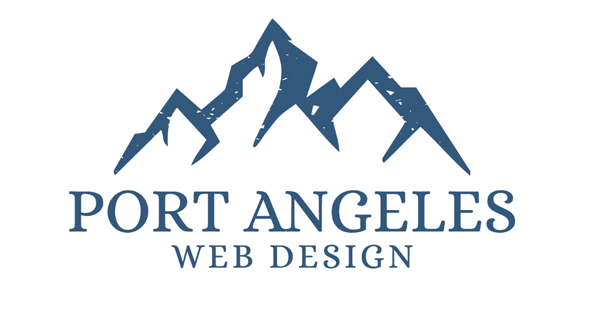The true cost of hosting - Part 1 of 2
If I were to quote you a monthly hosting fee of $39 per month, would you be inclined to ask if that included automatic backup? How about an SSL Certificate? Would you care if the hosting is on a shared server? If you are like most small business owners, you wouldn’t know to ask these questions. You would most likely be wondering why you should pay $39 per month for hosting when your current hosting is only costing you $7.99. Do you really know what your website hosting is costing you? Yes – this is a trick question.
Hosting services that offer the low $7.99 type rates wait until you start having issues before pointing out that you may want to purchase an ‘add-on.’ These hosting plans charge you an additional fee for items like ‘automatic site backup,’ ‘malware protection,’ 'search engine visibility,' and ‘SSL certificate.’ As an example, GoDaddy charges an additional $23.96 to add these items. That brings the cost of the low budget hosting plan to $31.95. Doesn’t sound so inexpensive anymore, does it?
Why are these add-ons essential? Well if ranking well with the major search engines or getting more traffic to your website is vital to you then the answer should be YES they are essential. Starting last month (July 2018), Chrome is marking all non-SSL protected sites as ‘NOT Secure.’ I’m guessing people will avoid going to websites with that type of label. Moreover, if that’s not reason enough, search engines like Google and Bing are prioritizing secure sites over non-secure sites in their search rankings. Add-ons like automatic backup, malware protection, and search engine visibility speak for themselves. Who wants to find out that malware has infected their website? Worse yet, finding out and then realizing you don’t have a clean backup. What would the cost of reconstructing your site be? Moreover, why wouldn't you want basic search engine optimization services? If your site doesn't rank well with search engines, then what's the point of having a website?
So the comparison between the hosting your website gets with our service and the 'low cost' hosting services comes down to $7.95. What do we provide for that additional $7.95? If you were to host your website on another service, you would be responsible for installing security updates for your website's plugins and compatibility updates, so your website displays properly when Google, Bing, or Yahoo updates their browsers. Last year (2017) alone, Wordpress released 21 updates. That doesn't include updates released by plugin vendors. What's the cost of taking the time out monthly to log in to your hosting account and installing security and maintenance releases? We handle security and maintenance releases - so you don't have too. Assuming it takes an average of 30 minutes to install an update, we save you 7 hours per year. Unless your time or your webmasters time is worth less than $9.08 per hour, your 'low cost' hosting', will cost you much more than $39 per month.
If your website performance is vital to you, don't be lured into a false sense of 'value' when going with a 'low cost' hosting service. Skip dealing with all the necessary add-ons and go with the business class hosting service from the beginning. Who needs to learn the hard way when you are busy focusing on running your business?


360.320.0777
Port Angeles, WA
Island Internet Presence Consulting, LLC dba Port Angeles Web Design


